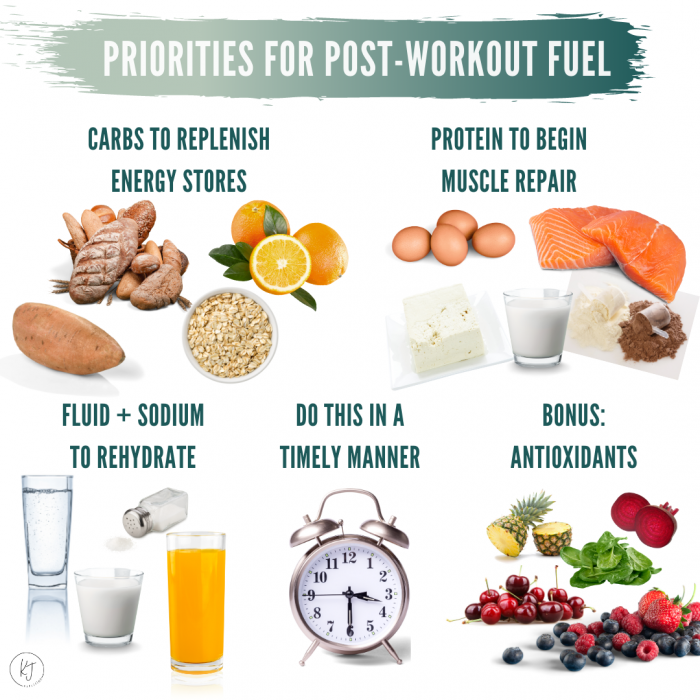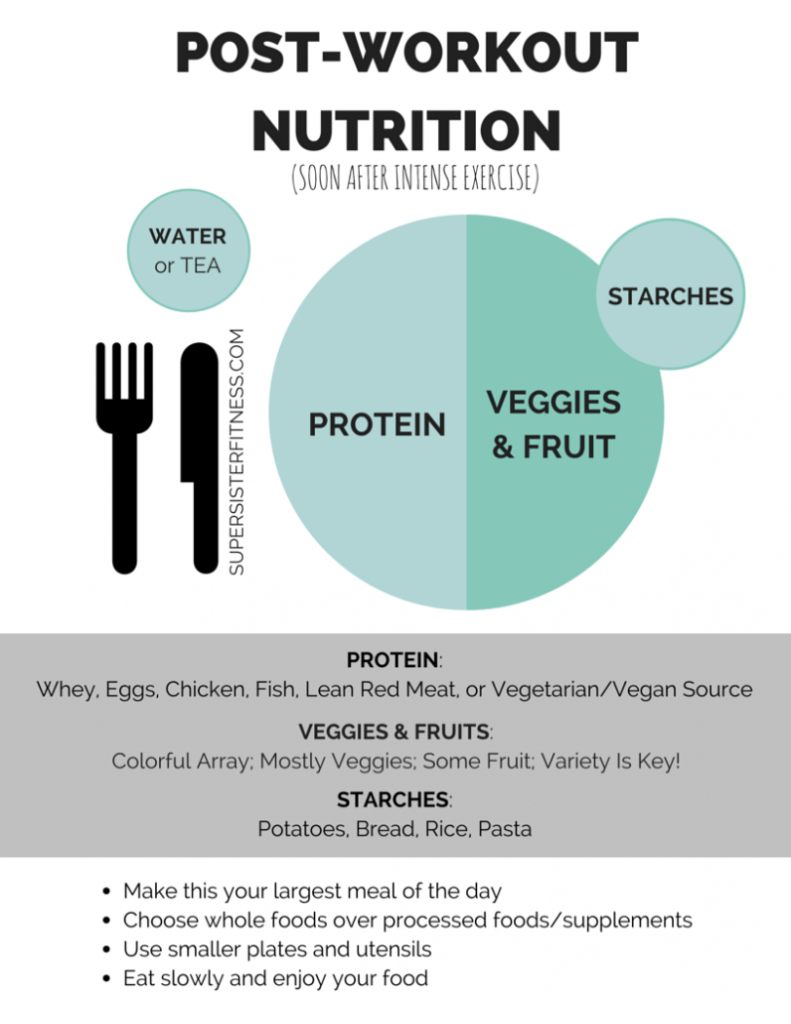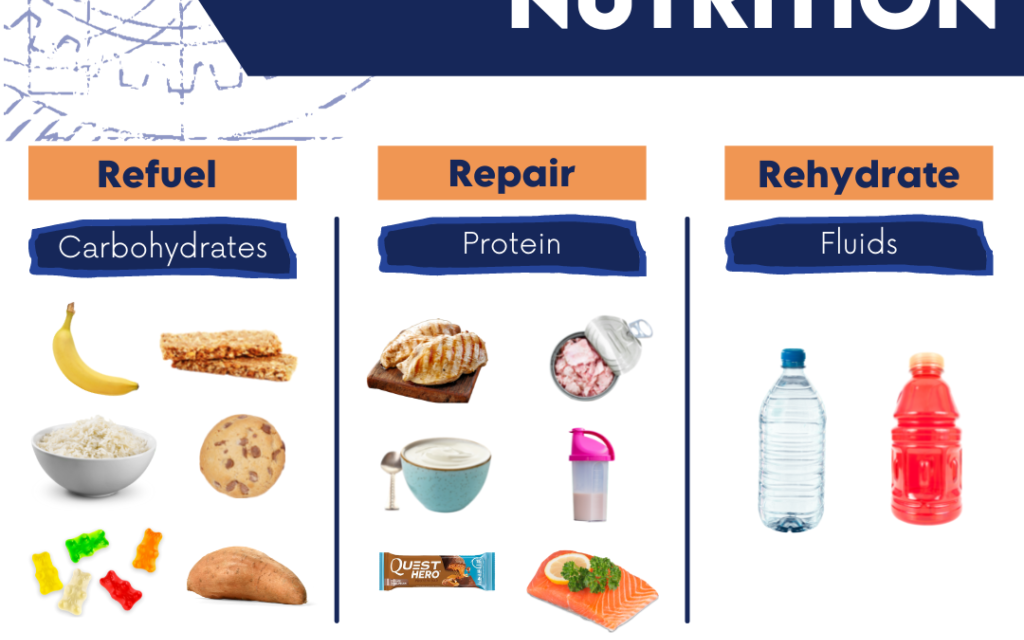Introduction to Post-Workout Nutrition:
Post-workout nutrition is essential for anyone who wants to optimise their performance, speed up recovery, and support muscle growth. Whether you’re a seasoned athlete or a casual gym-goer, what you eat after a workout can significantly impact your results. In this article, we will explore the importance of post-workout nutrition, the key nutrients your body needs, and how to build an effective post-exercise meal.
Why Post-Workout Nutrition MattersDuring exercise, your body undergoes physical stress, using up its glycogen (carbohydrate) stores for energy and breaking down muscle proteins. After you finish exercising, your body enters a recovery mode, where it repairs damaged muscle tissue and replenishes glycogen stores.
Consuming the right nutrients at the right time can maximise this recovery process, helping to.

Restore energy levels
Reduce muscle soreness and Fatigue rebuild muscle Tissue improve future workout Performance timing your post-workout nutrition is important, especially if you’re training hard or have multiple sessions in a day. Ideally, aim to eat within 30 to 60 minutes after exercising to kickstart the recovery process.Key Nutrients for Post-Workout Recovery
1. Protein:
Muscle Repair and Growth after a workout, your muscles are in a state of heightened protein breakdown, making it crucial to consume enough protein to promote muscle repair and growth. The amino acids in protein help rebuild the muscle fibres damaged during exercise, leading to stronger and larger muscles.The general recommendation is to consume about 20–40 grams of high-quality protein after exercise, depending on your body weight and the intensity of your workout. This can be achieved through foods like:Chicken breast, turkey, or lean beefFish, such as salmon or tunaEggs or egg whitesPlant-based sources like tofu, tempeh, or lentilsProtein supplements (whey, casein, or plant-based protein powders)
2. Carbohydrates:
Replenishing EnergyExercise depletes your glycogen stores, especially during high-intensity or endurance activities. Replenishing glycogen is essential for restoring energy levels and preparing your muscles for future activity. Consuming carbohydrates post-workout is critical, particularly if your next workout is within the next 24 hours.A good target is to consume 1–1.5 grams of carbohydrates per kilogram of body weight, depending on the intensity and duration of the exercise. Choose high-quality, complex carbohydrates like:Brown rice, quinoa, or whole-grain pastaSweet potatoes or regular potatoesFruits like bananas, berries, or applesOatmeal or whole-grain bread.
3. Fats:
A Balanced ApproachFats play a role in recovery, but there’s some debate about whether consuming them immediately post-workout slows down digestion. However, moderate fat intake doesn’t seem to interfere with the recovery process and can help with nutrient absorption.Including healthy fats like those from avocado, nuts, seeds, or olive oil in your post-workout meal can enhance overall health without negatively affecting recovery. Just be mindful not to over consume fats right after exercise, as your body prioritises protein and carbohydrates during the recovery window.
4. Hydration:
Replenishing Lost FluidsSweating during exercise leads to the loss of fluids and electrolytes, especially sodium and potassium. Proper hydration after exercise is just as important as food intake, as it helps regulate body temperature, maintain muscle function, and reduce fatigue.
Drink plenty of water immediately after exercising, and for intense or prolonged workouts, consider a sports drink or electrolyte beverage to replenish lost minerals. Coconut water is also a natural option for electrolyte replenishment.The Ideal Post-Workout MealTo maximise recovery, it’s best to combine protein and carbohydrates in your post-workout meal.
Here are some examples of balanced post-workout meals:
Grilled chicken with quinoa and roasted vegetables: This provides lean protein, complex carbohydrates, and fibre to aid in recovery and replenish energy stores.
Salmon with sweet potatoes and a side of spinach:
The omega-3 fatty acids in salmon help reduce inflammation, while sweet potatoes offer a great source of carbohydrates and potassium.A smoothie with whey protein, banana, and oats: This is a quick and convenient option that delivers fast-digesting carbohydrates and high-quality protein for muscle repair and energy replenishment.
Greek yoghurt with mixed berries and a handful of almonds:
Yogurt offers a good amount of protein, while berries provide antioxidants and carbs. The almonds offer healthy fats without overdoing it.
Timing:
When to Eat After a WorkoutThe “anabolic window” refers to the period after exercise during which your body is particularly receptive to nutrient intake. Traditionally, this window was believed to last for only 30 minutes post-exercise, but recent research shows that it may extend up to two hours, depending on the intensity of the workout and individual factors.To maximise recovery, aim to consume your post-workout meal within 30–60 minutes after exercising. However, if you’re unable to eat a full meal during that time, a protein shake or a small snack rich in protein and carbs can help bridge the gap until you’re able to have a more substantial meal.
Benefits of Post-Workout Nutrition
1. Enhanced Muscle Recovery and Growth:
Consuming protein after a workout provides your muscles with the essential amino acids they need to repair and rebuild. This speeds up the recovery process and supports muscle growth, which is especially important for strength training or resistance workouts.
2. Replenishment of Energy Stores:
Exercise, especially high-intensity or endurance activities, depletes glycogen stores in your muscles. Post-workout carbohydrates help replenish these glycogen reserves, ensuring your muscles are ready for the next workout and reducing fatigue.
3. Reduced Muscle Soreness and Fatigue:
proper post-workout nutrition can reduce delayed onset muscle soreness (DOMS) and fatigue, allowing you to recover more quickly and feel less sore after intense workouts. This is particularly important for athletes or individuals with frequent training sessions.
4. Improved Immune Function:
Exercise can temporarily suppress the immune system, but the right post-workout nutrition, particularly with antioxidant-rich foods and adequate hydration, can help strengthen your immune response and reduce the risk of illness.

5. Better Performance in Future Workouts:
Eating the right combination of protein, carbohydrates, and healthy fats after your workout helps ensure you’re fueled and recovered, leading to better performance in your next session. This consistent recovery allows you to train harder and more efficiently over time.
6. Reduced Risk of Injury :
proper recovery through post-workout nutrition helps repair muscle fibres and replenish vital nutrients. This can reduce the risk of injury, especially in overworked or fatigued muscles that may be more susceptible to strains or tears.
7. Supports Lean Muscle Retention:
For those looking to lose fat while maintaining muscle, post-workout nutrition is key. It helps preserve lean muscle mass during calorie restriction, allowing you to burn fat while retaining muscle, which is important for long-term fitness goals.
8. Hormonal Balance:
After exercise, your body experiences changes in hormone levels, such as increased cortisol (a stress hormone) and insulin sensitivity. Consuming a proper post-workout meal helps balance these hormones, lowering cortisol levels and promoting muscle growth and recovery.By optimising your post-workout nutrition, you can enhance overall recovery, boost muscle repair, and maxim0ĺise your long-term fitness progress.
Conclusion:
Post-workout nutrition plays a vital role in recovery, performance, and long-term fitness goals. By consuming the right balance of protein, carbohydrates, and fats after exercise, you can effectively support muscle repair, replenish energy stores, and reduce muscle soreness. Proper hydration and nutrient intake help optimize recovery, enhance future workouts, and lower the risk of injury. Whether you’re aiming for muscle growth, endurance, or overall health, paying attention to what and when you eat after a workout will significantly improve your fitness results and overall well-being.
you must watch 👁️👁️ this article 👇👇⬇️
What Are the Most Effective Fitness Supplements in 2024?





